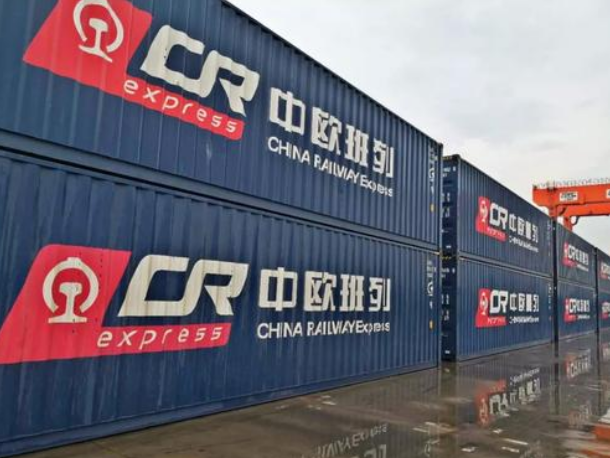Abstract: Wang Yiwei, a senior fellow with the Chongyang Institute for Financial Studies at Renmin University of China, said in his article China-EU cooperation can safeguard WTO rules that the US just concluded negotiations over a new North American free trade agreement which is called the US-Mexico-Canada Agreement (USMCA). In the USMCA, a "poison pill" provision is seen as aiming to contain China. At the same time, the US has been seeking a united front with the EU on WTO reforms, but the EU doesn't seem to be buying it.
On the contrary, there is actually much common ground between China and the EU in terms of promoting the reform of the global multilateral trade system. China must seize the opportunity to cooperate more with the EU to prevent China-US trade friction from affecting WTO rules. The combined efforts of China and Europe could facilitate a positive modernization of the WTO and would encourage other like-minded countries to follow the same path.
The full text of the article is as follows:
The China-US relationship has drawn increasing attention from the international community. Some observers claim that amid what looks like a prolonged trade war, China and the US will compete to rally support.
The US just concluded negotiations over a new North American free trade agreement to replace the North American Free Trade Agreement (NAFTA), which is now called the US-Mexico-Canada Agreement (USMCA). In the USMCA, a "poison pill" provision, which is seen as aiming to contain China, stipulates that "Entry by any party into a free trade agreement with a non-market country, shall allow the other parties to terminate this Agreement on six-month notice and replace this Agreement with an agreement as between them."
At the same time, the US has been seeking a united front with the EU on WTO reforms, but the EU doesn't seem to be buying it. The European People's Party co-chair of the WTO Steering Committee, Paul Ruebig, pointed out in a recent commentary that "The combined efforts of China and Europe could facilitate a positive modernization of the WTO and would encourage other like-minded countries to follow the same path." He also warned that certain countries would be left behind if they didn't refrain from their blockade mentality.
It seems that China has got the upper hand in the competition, but the international political landscape changes fast. Some are concerned that the US may apply a similar "poison pill" provision in future trade agreements with other countries and regions like Japan, South Korea and the EU. If that happens, China would be isolated from the international trade system.
In my opinion, Japan and South Korea are inclined to follow the US because of the high dependence of their economies on the US. So it is critical to see which side the EU picks. At the end of September, trade representatives from the EU, Japan and the US issued a joint statement on some economic and trade issues, which said a lot about the non-market-oriented policies and practices of "third countries."
This shows that the EU does have complaints about China on such issues as market access, State-owned enterprise competition and intellectual property rights protection. These moves amount to real pressure for China's reform.
Nevertheless, the EU is obviously in need of China. Many insiders from EU business and political circles have said that it is impossible for the US and the EU to reach a free trade agreement. Take the automobile industry, for example. In the age of globalization, making cars involves the global division of labor. Without sufficient human resources and an appropriate business environment, the US is not strong in upstream processing, and its auto industry has been in decline in recent years.
In contrast, China has developed a comprehensive industrial chain to support auto manufacturing. For EU auto manufacturers, it is not easy to find another reliable source of suppliers to replace China. As for the EU itself, there are huge differences in trade policy between Germany and France, as Germany intends to promote the auto sector and France advocates the protection of the agricultural sector.
Given this situation, it is apparent that the EU and the US can hardly reach agreement on economic and trade issues, given their different stands. But there is actually much common ground between China and the EU in terms of promoting the reform of the global multilateral trade system.
The political wrangling behind WTO reform has entered a critical period, as the "war over multilateral trade rules" will have a profound impact on the international environment for China's development in the coming decades. The EU is a multilateral defender of the international order. China-EU cooperation is key to preventing China-US trade friction from affecting WTO rules.
The first meeting of the China-EU vice-ministerial level joint working group for WTO reform was held in Beijing in October. While China and the EU may have different understandings about rules, multilateralism and even the international order, China will respect the existing rules and share views on issues that aren't covered by WTO rules.
To some extent, the EU cannot end its dependence on the US in the short term. Some in the EU are also counting on the possibility that the US may reverse course in the "post-Trump era." In this context, China must seize the opportunity to cooperate more with the EU.




 A single purchase
A single purchase









